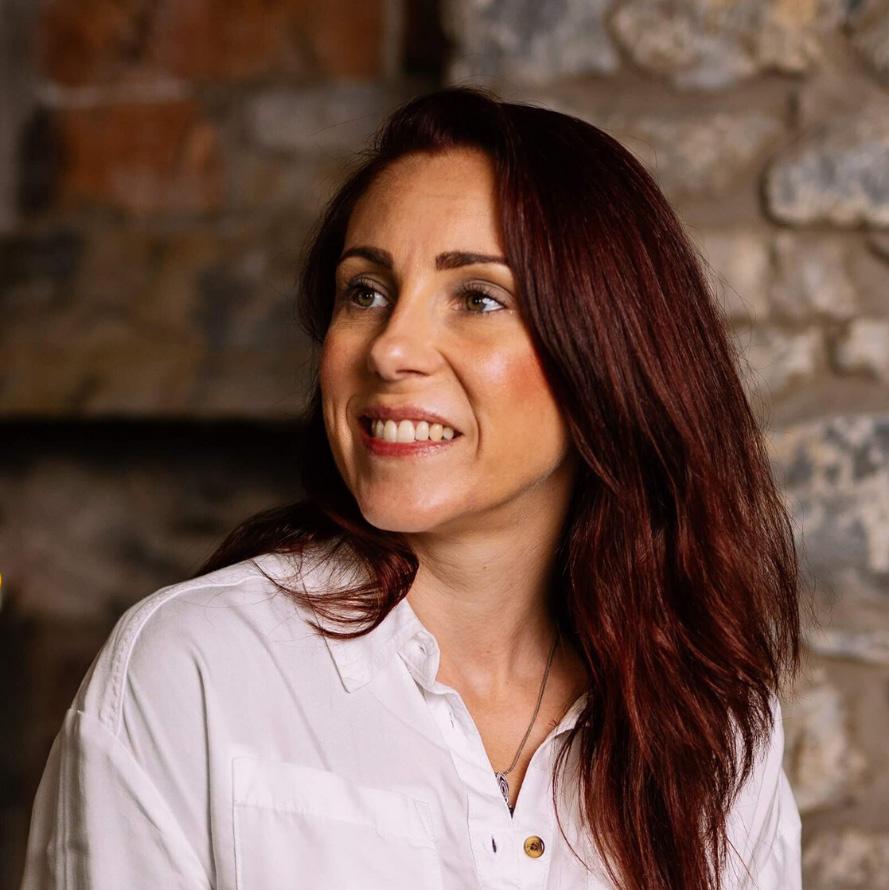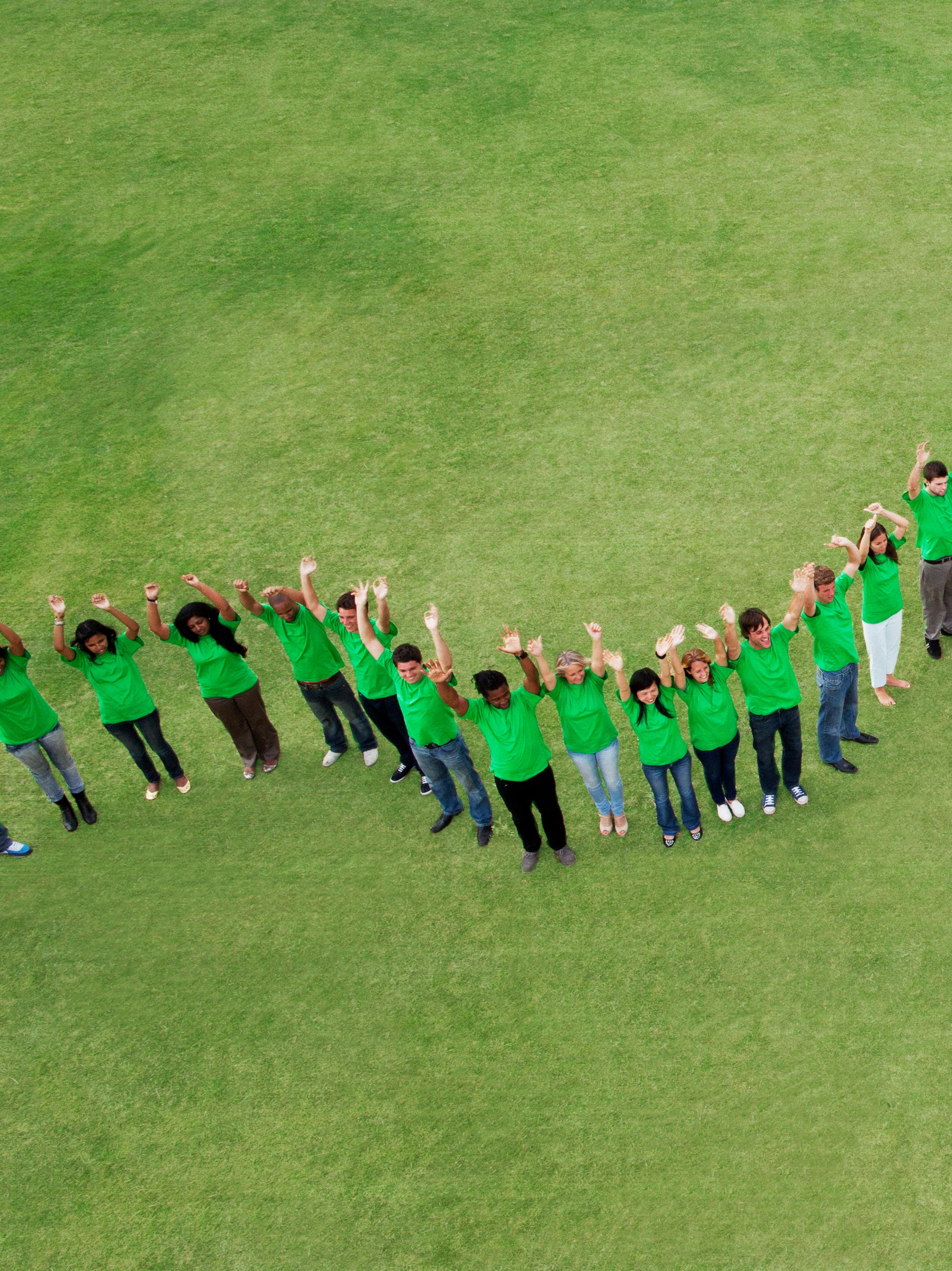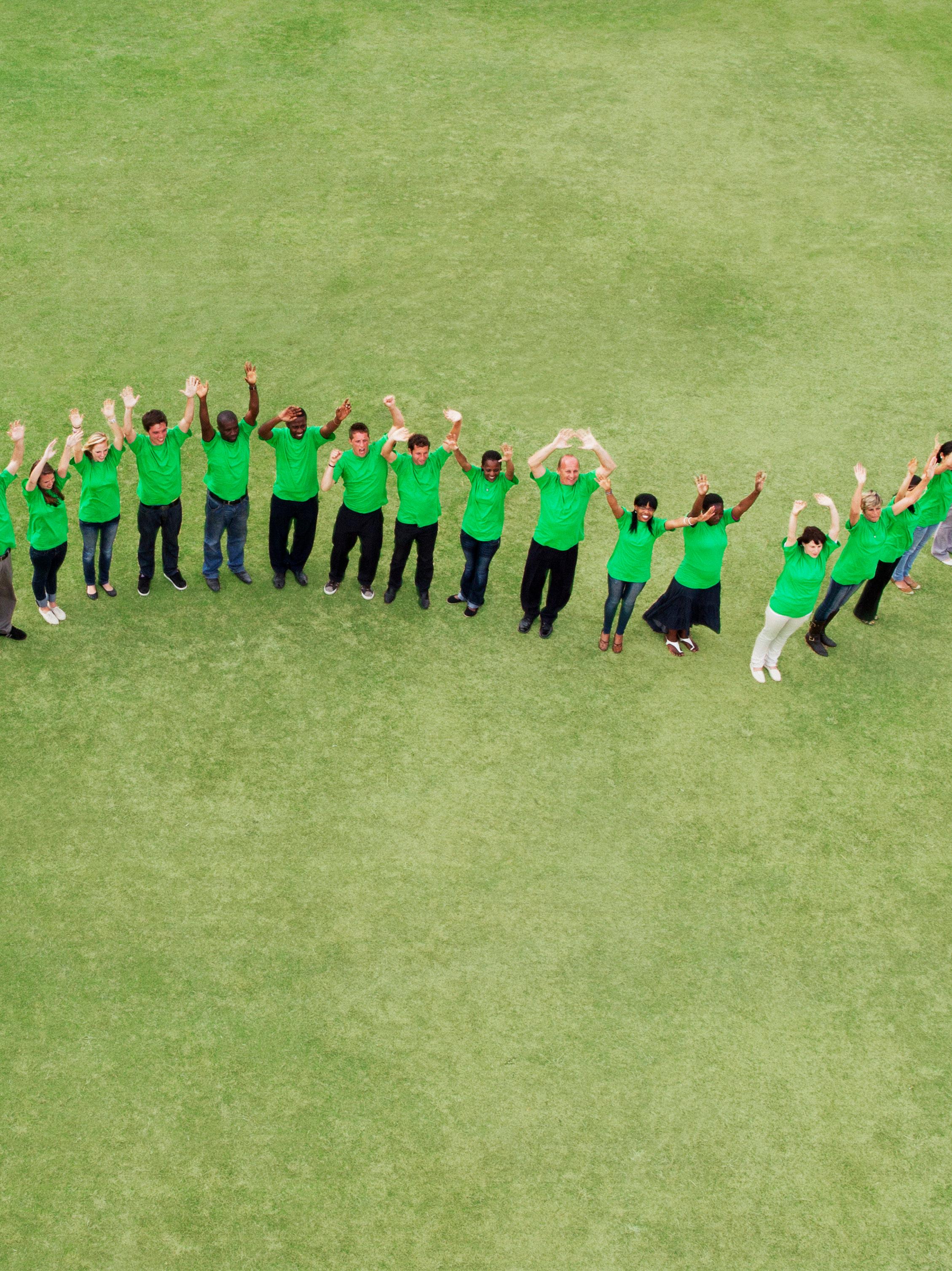
3 minute read
Volunteering – and its surprising benefits
Claire Russell is Operations Director of Ethos Broking Partner, Perry Appleton. She also owns a mental health training business, is a volunteer with Samaritans, and a prolific public speaker.

Advertisement
I’ve been an insurance broker all my adult life – it’s definitely part of who I am. I am also a listening volunteer with the Samaritans – and I can no more imagine not doing that, than I can imagine not being an insurance broker. I talk about my volunteer role a lot, not because I want a pat on the back but because I hope that by talking about my experiences, I might encourage others to consider doing some volunteer work themselves.
I always wanted to be a Samaritan, ever since being a little girl. Not that I knew really what it involved, but I knew people that were Samaritans and I always had a desire to help people. I eventually decided to enroll and do the training, after having experienced a mental/ emotional breakdown myself. I considered myself lucky, as I had lots of loving, caring friends and family who supported me while I was ill – and helped me to find the tools I needed to recover. I was very aware that not everyone was as fortunate and I wanted to help those that were not.
Training to be a Samaritan was tough! I had to let go of a whole load of judgment that I didn’t know I had, I had to learn how to really listen and I had to stop trying to fix people and accept that everyone has the right to self determination. As a Samaritan, you have to
be able to sit with people, to get alongside them at their darkest times, to listen without judgment and offer a safe place to talk about whatever is troubling them. In ‘normal times’, i.e. when we aren’t dealing with a pandemic, we take calls at over 200 branches around the UK, respond to emails, receive callers in our branches and we also go out and do outreach work. It is a commitment, we give up our time to provide care and support to people who need us – and it is incredibly rewarding. You might be wondering why anyone would give up their time and take on the emotional burden of other people’s problems. After all, we are all busy, aren’t we? We all have our own problems. On a personal level, I can honestly say that I get far more out of being a volunteer than it takes from me. It is an extraordinary opportunity for personal development, I have learned many new skills and I’ve made wonderful new friends. It is an enormous privilege to have someone share their most painful moments, and to help them to explore different ways of looking at their circumstances. It is an incredible feeling to know that you have been there for someone when they most needed someone, and to know that you might have helped them to change the course of their life. All humans need to have a sense of purpose – it is key to happiness and mental wellbeing. For some people, that comes from their work; for some people it comes from their family; and for some people that sense of purpose could come from doing something on a voluntary basis. On a societal level, volunteer work is fundamental to a healthy community – there are thousands of amazing charities that just couldn’t survive without the volunteers who run them and staff them; and millions of service users who would not be able to access the help and support they need. We need people who are willing to give their time, their compassion, their unique skills. There are so many ways to volunteer, from soup kitchens, to dog walking, to companion services, to school governors – and it doesn’t have to involve a big time commitment if you
don’t want. Giving even in small ways can help those in need – and you can find a volunteer role that will allow you to use your current skills, develop new skills and possibly even help to advance your career.

For more information on volunteering with Samaritans, see here.
To explore what other volunteer opportunities might be available, take a look here.
If you are struggling and need someone to talk to, you can contact Samaritans, free, 24/7 on 116123 or email at jo@samaritans.org.







